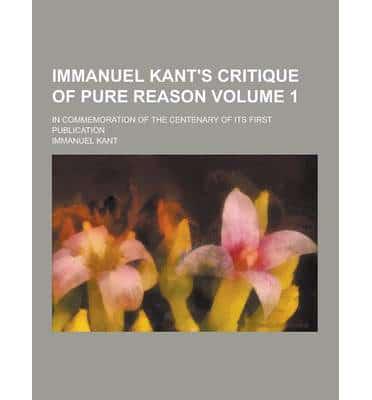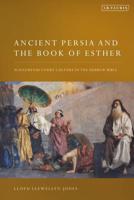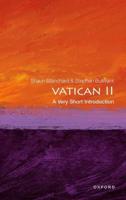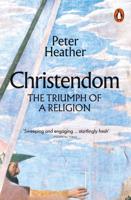Publisher's Synopsis
This historic book may have numerous typos and missing text. Purchasers can usually download a free scanned copy of the original book (without typos) from the publisher. Not indexed. Not illustrated. 1881 edition. Excerpt: ... THE SKEPSIS. HUME (1711--1776). 'Nasce per quello, a guisa di rampollo, Appie del vero il dubbio; ed e natura Ch' al sommo pinge noi di collo in collo.' Dante. David Hume was one of the most earnest, profound, and honest thinkers who have ever occupied themselves with the great problem of the universe and the human mind. The 'honest doubt, ' which gave so much scandal to his contemporaries, was more helpful and productive than thousands of folios filled with the dogmatism that had passed for ages as the highest wisdom, and with the fullest and most confident accounts of God, the world, and the human soul, which reason, operating upon its own manufactured notions, could construct. When it occurred to reason to inquire into the grounds for these notions and to test its own assumptions, the dogmatic tower of Babel fell to pieces, like a house of cards. It has often been observed that Hume's scepticism instigated Kant's Critique of Pure Reason. Kant himself says1: 'I confess frankly, it was the warning voice of David Hume that first, years ago, roused me from dogmatic slumbers, and gave a new direction to my investigations in the field of speculative philosophy. I was far from yielding assent to his conclusions, which came from his not having conceived his task as a whole, but having addressed himself to a single portion, as to which no satisfactory result could be reached without reference to the whole. When one starts from a thought that has been established, but not carried out to all its consequences, by another, one may reasonably hope by continued meditation to carry it a step further than the man to whose genius we owe the first spark of such light.' 1 Prolegomena, Vorwort. Hume's attack was directed against the central point of..









